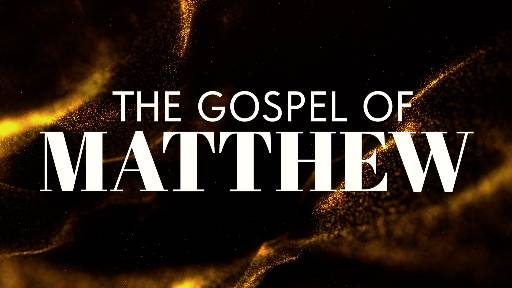-
Second Sunday Of Lent, Year A- Transfiguration Thoughts
Contributed by Paul Andrew on Jan 25, 2023 (message contributor)
Summary: There is no "on the mountain" and "off the mountain" which can be explained by the virtue of equanimity.
Peter was talking, but yielded to the voice from heaven and listened.
“Listen to him" we hear from God the Father. Matthew 17:5
A woman named Barb tells about an incident that happened in her granddaughter’s kindergarten class. A boy in the class just wasn’t listening to his teacher. The teacher got fed up and said, “Since you don’t want to listen, you go sit at that table by yourself.” A few minutes passed, and Barb’s granddaughter raised her hand and said, “I don’t want to listen either. Can I sit with him?”
The word translated “obey” in the Old Testament means “to hear.”
1. Abram listened, who would later be called Abraham: God said, "Go forth from the land of your kinsfolk and from your father's house to a land that I will show you.”
God gave no details to Abram. He rarely does. It’s never as specific as we would like in our journey of faith and hope.
Hebrews 11:8 says, “By faith Abraham, …obeyed and went, even though he did not know where he was going.”
In Romans 4, Paul even refers to Abram (Abraham) as the “father of us all” through faith.
Abraham is mentioned in our First Reading because of his love for his son Isaac in Genesis 22:2, “Take your son, your only son, whom you love. “ It is the same Greek wording as the voice of the Father at Jesus’ transfiguration in Matthew 3:17, “This is my beloved Son, with whom I am well pleased; listen to him."
[Source: “Isaac Transfigured: The Aqedah as Mashal Mattean Midrash,” by David Andrew Smith, the Catholic Biblical Journal, 84, 2022, pg. 69]
We are like Abram insofar as we don't know what's ahead for us in the next decades but we called to a trustful relationship with God.
2. The Catechism teaches that the transfiguration reveals that Jesus will have to go by the way of the cross at Jerusalem in order to "enter into his glory." #555
Elizabeth Palmer said, “You know that Transfiguration sermon that exhorts us to appreciate the [temporary] mountaintop beauty only for a moment before we descend into the world’s brokenness, joining Jesus in the way of suffering? I used to like hearing that sermon…
This year it’s the last thing I want to hear. I don’t need anyone to tell me to descend the mountain. I slid down months ago, and I haven’t been able to find my way back up.”
[Source: The Transfiguration sermon I need (Matthew 17:1-9), There is no "on the mountain" and "off the mountain" by Elizabeth Palmer February 24, 2017, The Christian Century]
Glory in Hebrew means "heavy, weighty, to be of great substance." God is a heavyweight! This is a weight that makes everything in life lighter.
As Palmer says, “it’s a heavy touch that acknowledges the suffering and sin intrinsic to the human condition--and yet, it is at the same time a healing touch that lets us know that we are not alone in the human condition. God is also in it with us, helping us bear the heaviness.”
The message is that Jesus is with us in both the glory and closeness and in our suffering. There is no "on the mountain" and "off the mountain" which can be explained by the virtue of equanimity.
For example, the Catholic Encyclopedia says that in the virtue of patience, we are disposed us to bear present evils with equanimity in such a way as not to be inordinately cast down by them.
Saint Jane Frances de Chantal “Above all we must love the good pleasure of God, accepting with equanimity things both agreeable and things painful, trusting everything to Him Who disposes of all things for the good of His children.”
And, in THE IMITATION OF CHRIST, in Book Three: Internal Consolation, number 5: The Wonderful Effect of Divine Love says,
“Love is an excellent thing, a very great blessing, indeed. It makes every difficulty easy, and bears all wrongs with equanimity. For it bears a burden without being weighted and renders sweet all that is bitter.”
St. Paul speaks of equanimity in Philippians 4:11-13, “I have learned to be content whatever the circumstances. I know what it is to be in need, and I know what it is to have plenty…. I can do all this through him who gives me strength.”
Rob Giannamore points out that it does not mean that we rest in a God who is going to make it all better. To the contrary, we rest in a God who suffers with us. [Source: Equanimity: Resting in God's Grace, by Rob Giannamore, 12/9/2020].
In sum, the virtue of equanimity is that, no matter what happens, it is going to be okay, maybe not the okay we wanted, but okay nonetheless.

 Sermon Central
Sermon Central



